The Cultural Dimension of Ecology
Synopsis
Urbanization. Industrialization. Market Economy. Technocentric Lifestyles. Degenerated Consumerism. Air, Water and Land Pollutions. These are some of the tell-tale expressions, recurringly surfacing in the concerns about ecological disturbances across the continents. Today, however, as we are headed for an ecological disaster, there is not only a growing awareness against the “cornucopian technocentrismâ€, but also a far-stretched disillusionment with the one-way exploitative, economic development. And even the national planners are being questioned: Can the law of a nation supersede the Law of Nature? Should the rights of the people be allowed to be destructively manipulated by the rules of power? Must the wisdom-tradition of our ancestors be shelved to accomodate the flagrant hypocrisies of the Planning Tradition? As a part of the Unesco Chair activities at the Indira Gandhi National Centre for the Arts, a Conference: 13-16 October 1995, New Delhi, involved some of the highly reputed scholars in a stimulating dialogue on the “Cultural Dimension of Education and Ecologyâ€. Its presentations are now offered in two volumes: setting out independently the Cultural Dimension of (1) Education, and (2) Ecology. Focussing on the ecological systems in the mountains, forests and islands vis-a-vis the hitherto-adopted modes of aggressive development, the 15 articles here underscore the urgency of changing the modern lifestyles, of befriending Nature and, above all, of returning to ‘wisdom-tradition’. Also included here are case-studies highlighting the aspects of culture that are being lived in the day-to-day lives of people — even today! This collection is invaluable to environmentalists, social activists, economic planners, policy-makers, and cultural scholars working for the revival of traditional wisdom.
Read more
24.30
21.87
$
27.00 $
Free delivery Wolrdwidе in 10-18 days
Ships in 1-2 days from New Delhi
Membership for 1 Year $35.00
Get it now and save 10%
Get it now and save 10%
BECOME A MEMBER

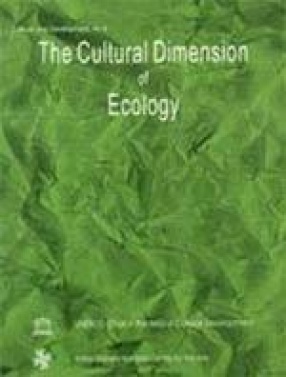
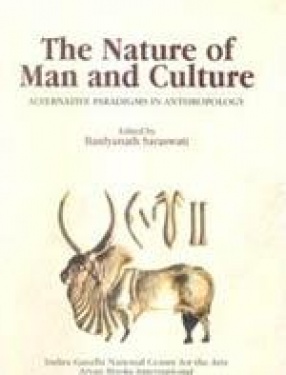


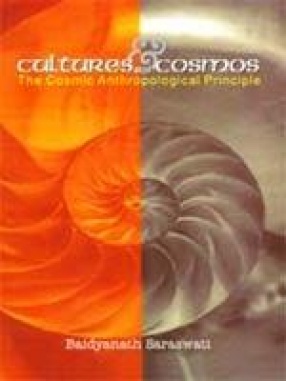
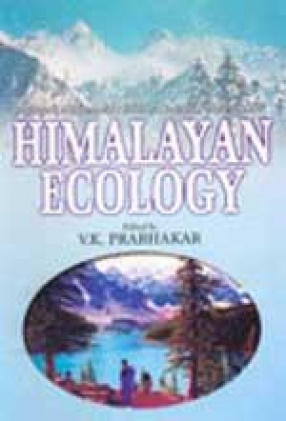
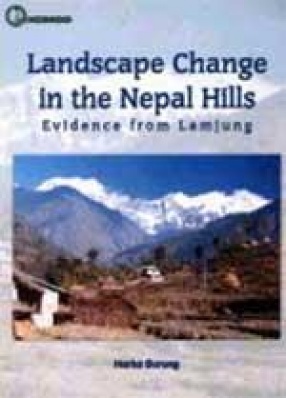
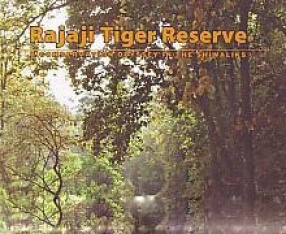
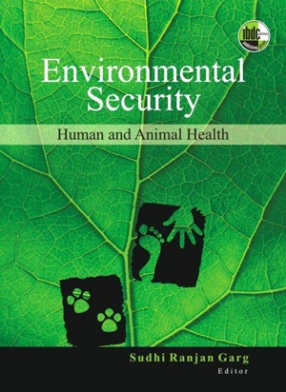

Bibliographic information